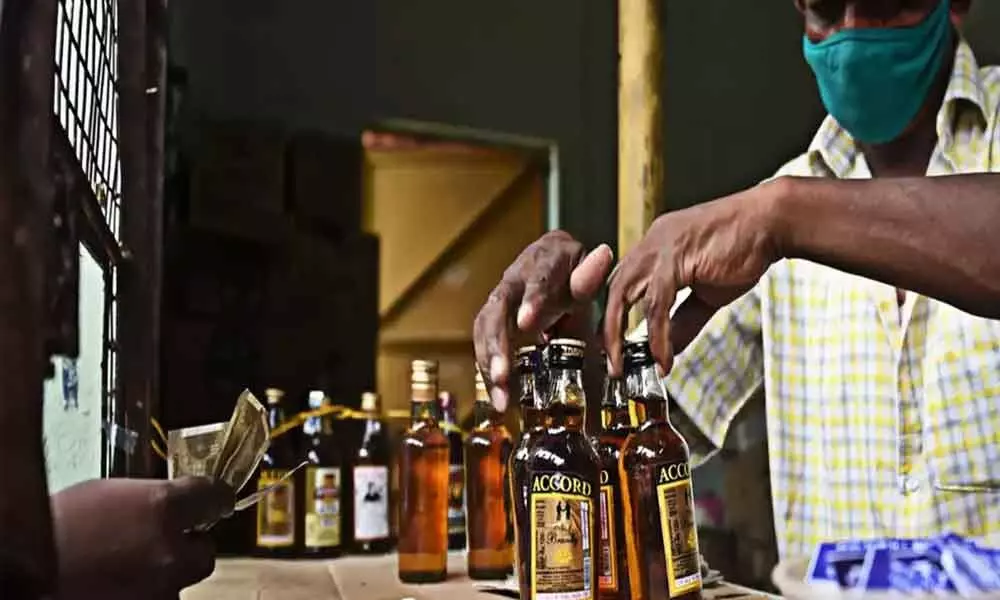Gurugram, May 28 – The excise department has launched a probe into alleged violations of pricing norms by liquor vends across the city, including the illegal undercutting of minimum retail sale prices (MRSP) and excessive charging of bars and pubs, officials confirmed on Wednesday.
The inquiry follows multiple complaints from social activists, pub owners, and consumers, flagging a shadow pricing system that not only distorts market competition but may also point to VAT evasion and the circulation of unauthorised or substandard liquor.
Under Haryana’s excise policy, MRSP is the minimum legal price below which liquor cannot be sold. L-2 license holders—retail vend operators—are also barred from charging bars and pubs more than 10% above MRSP.
However, spot checks revealed glaring violations. A 750 ml bottle of VAT 69 whisky with an MRSP of ₹1,550 was allegedly being sold for as low as ₹700. In contrast, bars reported being forced to pay ₹220 for a 330 ml bottle of Corona beer, which has an MRSP of ₹95.
Outgoing vend operators, attempting to clear old stock ahead of the new excise year beginning June 12, are reportedly behind many of these deep discounts.
Supreme Court advocate Rajeev Yadav, who has flagged the issue to authorities, said: “Selling below MRSP is illegal and hints at VAT evasion. Overcharging bars is profiteering. The department must act.”
Pub owners echoed the concern, claiming harassment and no response to repeated complaints. “We’re being overcharged with no checks or receipts. It’s a ‘take it or leave it’ situation,” said a pub manager in Sector 29.
Deputy Excise & Taxation Commissioner (East) Amit Bhatia confirmed action was underway. “Notices will be issued and breach challans served. Repeat violations will attract stricter penalties,” he said.
Violations of Clause 1.7 (mandatory POS system and receipt generation) and the 12-bottle cap per customer are also rampant, according to consumers.
Despite policy clauses mandating automatic licence suspension for three days and vend sealing for serious violations, many erring outlets continue operations unchecked.
The 2025-27 excise policy promises steeper penalties and even licence cancellation for repeat offenders. But as Advocate Yadav noted, “Without accountability and internal clean-up, these rules mean little. The system’s integrity is at stake.”

